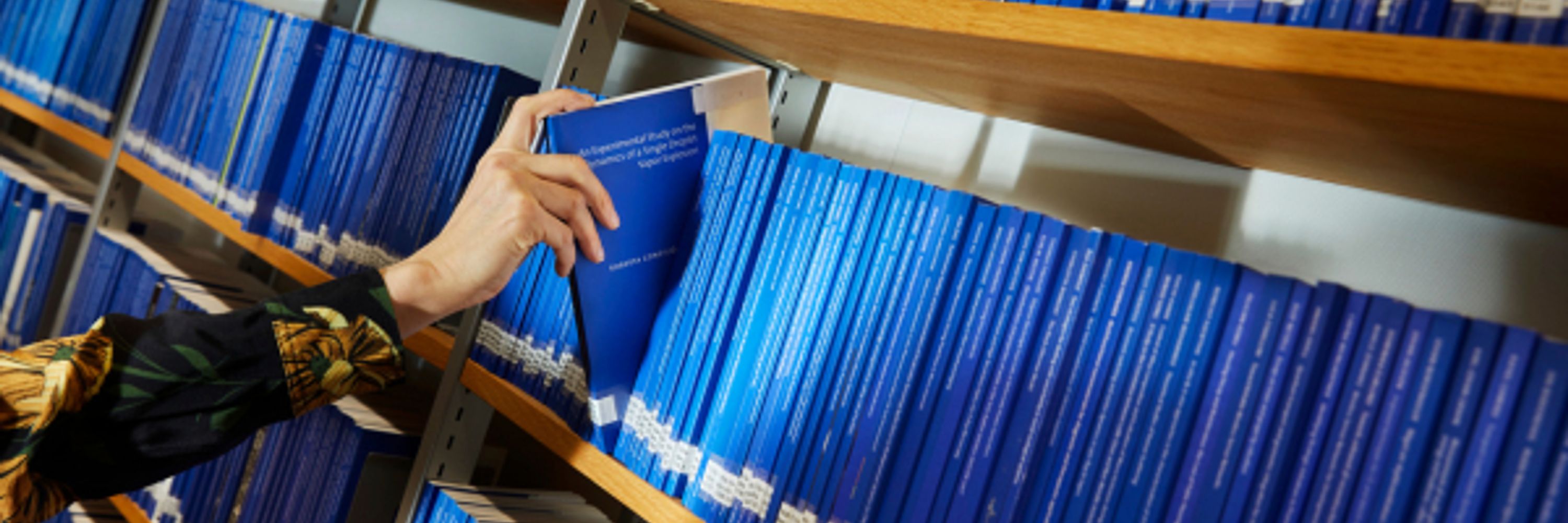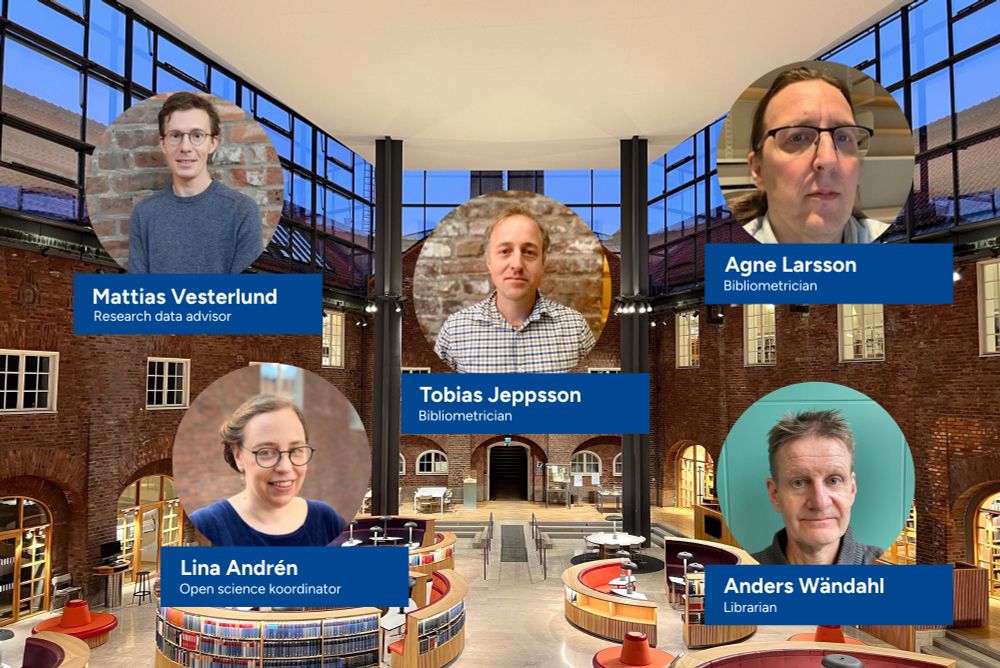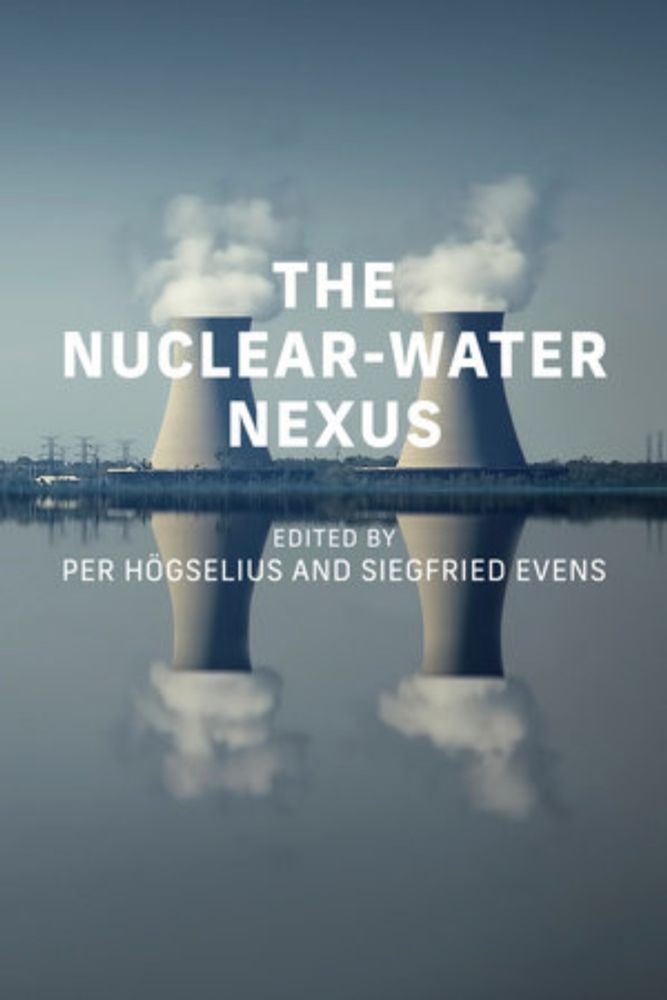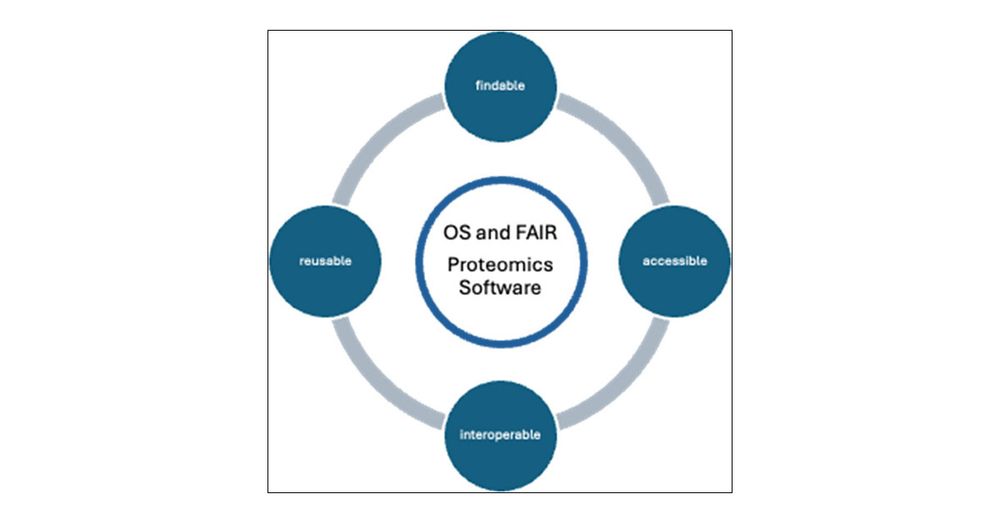
Enabling open, sustainable research — and protecting academic freedom in a world that needs it more than ever.
www.kth.se/en/biblioteket
www.instagram.com/kthbiblioteket

We post about open science, research data, bibliometrics, and scholarly publishing.
@mttvst.bsky.social (Research Data) · @linaandren.bsky.social (Open Science) · @agnelarsson.bsky.social & @tobiasjeppsson.bsky.social (Bibliometrics) · @awandahl.bsky.social (Publishing)
www.kth.se/en/om/nyhete...

www.kth.se/en/om/nyhete...

KTH researchers are invited to submit proposals for the exhibition "The World of Tomorrow – KTH’s Research for a Sustainable Future", held in the library entrance hall. Share your solutions for a better, more sustainable world!
intra.kth.se/styrning/kth...

KTH researchers are invited to submit proposals for the exhibition "The World of Tomorrow – KTH’s Research for a Sustainable Future", held in the library entrance hall. Share your solutions for a better, more sustainable world!
intra.kth.se/styrning/kth...

#makerspace
intra.kth.se/en/aktuellt/...
#makerspace
intra.kth.se/en/aktuellt/...

Secure your spot soon! ⤵️
Our courses are for you! 🧵

Secure your spot soon! ⤵️
Join our free course!
In this course you can learn more about open science and data management. It is conducted in English, and you can proceed at your own pace.
canvas.kth.se/courses/29371
Join our free course!
In this course you can learn more about open science and data management. It is conducted in English, and you can proceed at your own pace.
canvas.kth.se/courses/29371
Some parts of the program will be available via Zoom - feel free to join if you’re interested: www.kth.se/biblioteket/...
#ResearchSupport

Some parts of the program will be available via Zoom - feel free to join if you’re interested: www.kth.se/biblioteket/...
#ResearchSupport
🗓 Fri Nov 28, 11:00–12:00 (CET), Zoom
www.kth.se/en/bibliotek...
🗓 Fri Nov 28, 11:00–12:00 (CET), Zoom
www.kth.se/en/bibliotek...

"The nuclear-water nexus" edited by @perhogselius.bsky.social and @siegfriedevens.bsky.social
In the book 25 authors investigate how access to water has shaped the atomic age in fundamental ways.
Published as #Openaccess at @mitpress.bsky.social

"The nuclear-water nexus" edited by @perhogselius.bsky.social and @siegfriedevens.bsky.social
In the book 25 authors investigate how access to water has shaped the atomic age in fundamental ways.
Published as #Openaccess at @mitpress.bsky.social


@mttvst.bsky.social
will explain his approach to exploratory datavisualization.
www.kth.se/en/bibliotek...
#KungligaTekniskaHogskolan #researchdata #dataviz

@mttvst.bsky.social
will explain his approach to exploratory datavisualization.
www.kth.se/en/bibliotek...
#KungligaTekniskaHogskolan #researchdata #dataviz

But finding outputs other than traditional articles is still not easy.
We're looking into how we, as a university library, can find different outputs created by KTH researchers.
#KungligaTekniskaHogskolan
But finding outputs other than traditional articles is still not easy.
We're looking into how we, as a university library, can find different outputs created by KTH researchers.
#KungligaTekniskaHogskolan
We Answer: Everyone, Every Week

We Answer: Everyone, Every Week
digitalastadsmuseet.stockholm.se/fotoweb/arch...

digitalastadsmuseet.stockholm.se/fotoweb/arch...
We post about open science, research data, bibliometrics, and scholarly publishing.
@mttvst.bsky.social (Research Data) · @linaandren.bsky.social (Open Science) · @agnelarsson.bsky.social & @tobiasjeppsson.bsky.social (Bibliometrics) · @awandahl.bsky.social (Publishing)

We post about open science, research data, bibliometrics, and scholarly publishing.
@mttvst.bsky.social (Research Data) · @linaandren.bsky.social (Open Science) · @agnelarsson.bsky.social & @tobiasjeppsson.bsky.social (Bibliometrics) · @awandahl.bsky.social (Publishing)
pubs.acs.org/doi/10.1021/...

pubs.acs.org/doi/10.1021/...


